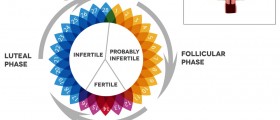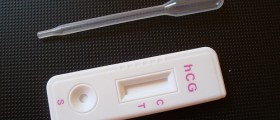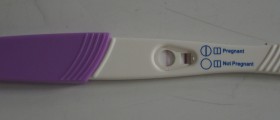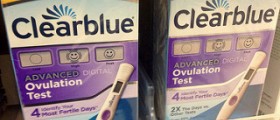
By understanding the hormone changes during ovulation, a woman is often able to successfully predict what her fertile time of the month will be. During a menstrual cycle, there are many more infertile days than fertile ones, for those trying to conceive, knowing these days can make a difference. There are hormone changes during ovulation that could lead a woman to be able to predict and identify her peak fertility days with relative accuracy. For most ladies, the fertile period of the menstrual cycle will last for around seven days and the most fertile days are the ones directly preceding ovulation. The hormonal changes during ovulation will change the consistency of cervical mucus and provide the sperm with a healthy medium in which to fertilize the egg. During ovulation there are great deals of hormonal changes that will take place.
Early in a woman s menstrual cycle a hormone called follicle stimulating hormone will allow the ovaries to produce eggs. The follicles secrete estrogen and further into the menstrual cycle the egg is propelled towards the ovary. Before ovulation, the follicles secrete both estrogen and progesterone, which will increase blood flow to the uterus and make conditions ideal for pregnancy. Directly before a woman ovulates, another major hormonal fluctuation will occur. Luteinizing hormones are released to cause the egg to propel down the fallopian tubes. If a woman keeps track of the various hormonal fluctuations in her body, she can predict when she will be most fertile and the odds of conception being successful directly increase. Once an egg is released from the ovaries there is a 24-hour window of opportunity to be fertilized, knowing when this happens is critical to becoming pregnant.
Within 24-hours if the egg is not fertilized, it will simply diminish after getting to the uterus. Without being fertilized, the levels of hormones in a woman s body will decrease and drop back down, and the menstrual cycle will begin. By paying special attention to hormonal changes that occur in her body a woman can directly impact and increase the chances for conceiving and becoming pregnant substantially.
















Your thoughts on this
Loading...